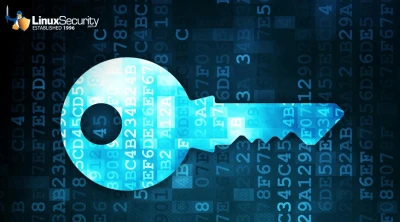Linux admins,
Now that our much-loved OS has gained popularity and the attention of threat actors, our systems are no longer immune to malware and viruses. Detecting and mitigating these threats rapidly ensures our systems remain operable and secure.
Today, I share three powerful tools for identifying and removing Linux malware.
Read on to learn:
- The types of malware that threaten Linux systems.
- Three excellent malware scanning tools available to Linux users.
- The notable benefits each of these tools provide.
We also explore open-source blockchain technologies for Linux.
Please share this newsletter with your friends to help them gain critical Linux security insights. Is there a Linux security-related topic you want to cover for our audience? We welcome contributions from passionate, insightful community members like you!
Yours in Open Source,

The Three Best Tools You Need to Scan Your Linux System for Malware
While Linux servers are already highly secure by default, there are extra steps you can and should take if you do have a Linux server instance running. As with any system, vulnerabilities still exist and can wreak havoc if proper prevention and security best practices are not implemented. Of course, the most well-known and essential security tip people will tell you is to keep updated with updates and security patches. (As we all should!) However, this will only do so much. Linux, being amongst one of the most widely implemented and deployed operating systems, makes it an attractive target for cybercriminals trying to steal your information, install malicious files on your system, and even try to run malicious scripts to take control of your system. We examine the growing importance of using a Linux malware scanner and our favorite tools for malware scanning. |
5 Open-Source Blockchain Technologies That Linux Users Need to Know About
With hundreds of thousands of open-source projects underway, it’s easy to say that open-source has become a standard in software development. And when discussing open source, the first development environment that comes to mind is Linux. One factor contributing to Linux’s popularity is security, among the most attractive features of blockchain, a strategic technology trend we’ve seen in the past few years. Because of blockchain's level of security and decentralized nature, incorporating this technology into a wide range of industries holds significant promise. As such, it only makes sense for developers to explore blockchain use within the Linux environment. We delve into five open-source blockchain technologies for Linux. But first, let’s examine what blockchain is, how it works, and how its application has evolved over the years. |















